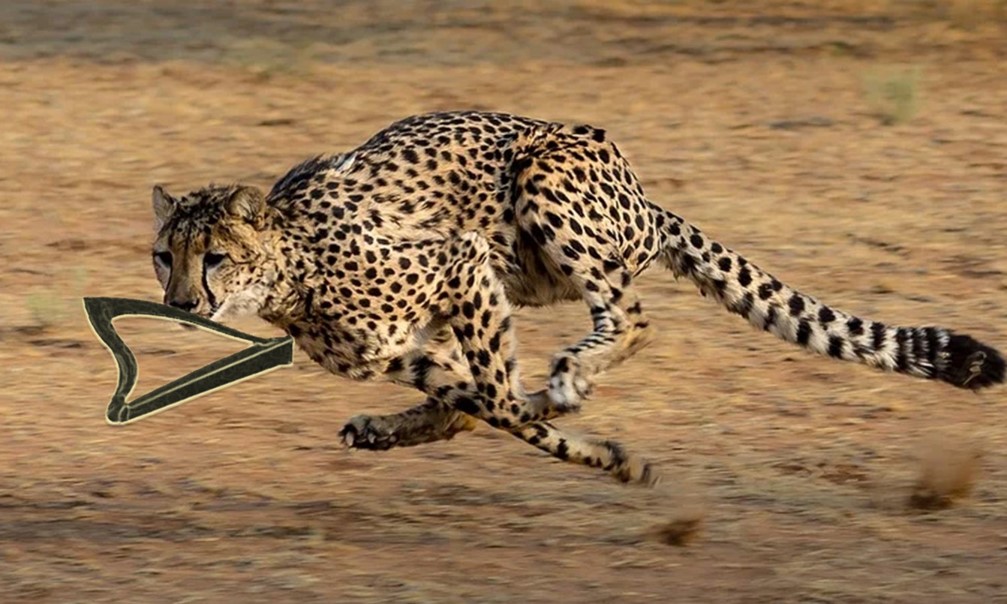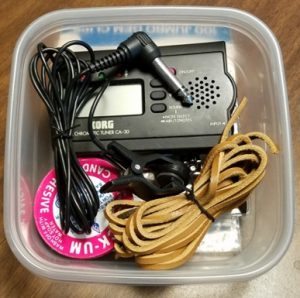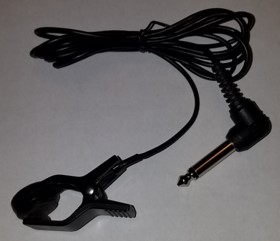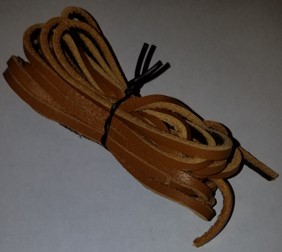It’s that time of year when nearly everyone is gifting – no matter their tradition. There’s a joy to receiving a gift that can only be exceeded by the thrill of giving the perfect (or near perfect) gift. And that’s the rub – because finding the perfect (or near perfect) gift can be a challenge.
 Those who love you and love your harping would also love to give you an appropriate gift that will not only encourage you to keep playing but also will be something you want and that fits perfectly. So this week, ten last minute gifts you can suggest to someone to buy for you (or to buy yourself – nothing wrong with getting the joy of giving and the thrill of getting!).
Those who love you and love your harping would also love to give you an appropriate gift that will not only encourage you to keep playing but also will be something you want and that fits perfectly. So this week, ten last minute gifts you can suggest to someone to buy for you (or to buy yourself – nothing wrong with getting the joy of giving and the thrill of getting!).
1. Tuning wrench (yes, another one). Whether you call it a wrench, a key, or a thingamabob, you need one when you need one and having an extra one to keep in your case so you never don’t have one makes this a great gift! Ranging from completely simple and inexpensive to incredibly complicated (and costly) you can always leave a photo or the appropriate URL laying around to assure you get the right one for your harp.
2. Snark Tuner. Compact, accurate, easy to use, and cute – what more could you ask of a tuner? I have one of these. Put it on the tuning key (or clip in in one of the holes in the back) and you’re good to go, no matter how many other people are tuning around you!
3. String buttons or leather lace. I recently bought some of the new Dusty Strings String Buttons – and just in time before two strings on my Dusty 36 broke! I thought they were clever, but now that I’ve had to use them, I l-o-v-e them! You can find them here. Now, I get that not everyone is ready to move to the String Buttons in which case you might prefer to go for my previous favorite solution – leather shoelace (like this one). Either solution gets you a strong knot that won’t buzz.
4. Candle Stick-um. This wax adhesive is great when you use a spline in a string knot on the higher, thinner strings. It holds everything together while you’re getting the knot set – no untying, no dropping the spline, no needing three hands to get everything put together. I got it online like this but you might be able to find it in a store near you.
5. Gloves. No matter where you live or when you’re playing, nothing will make you feel less like playing than not being able to feel your fingers! But gloves are an investment, and you have to keep track of them, and they’re in your other coat pocket and they don’t go with your outfit. Ok, all of those are excuses. The small stretchy gloves are perfect – they’re in small, inexpensive, go with everything, and because they come in bundles, you can have them everywhere. Seriously, I have them scattered all over the place – in my car (actually 3 pairs in there), in my case pocket, in my purse, in my gig bag, and in the pockets of every coat (including my raincoat). And, because they’re really inexpensive, if you lose one, it’s not so bad. While I’m not a fan of urging you to shop at evil vortex of commerce, they do have them there.
6. Hand Warmers. Sometimes even those little gloves just won’t do the trick (like that time there was a nor’easter during the national competition?). Then you might be glad to have hand warmers like these. They last a long while and I know they work!
7. Hand Lotion. Winter is hard on the skin on your hands. With all the washing and drying and cold air and heated air and dry air, using hand lotion becomes a no-brainer. Failing to keep your hands lotioned leaves you open to getting split (and bleedy) skin, hang nails, flakiness, and leaves you susceptible to infection. All that is easily avoidable, and you should be better about this than I am. I have lotions at each sink and little travel containers in my harp case and purse – but it works best if you use it!
8. A Journal Book. You didn’t think I’d leave this off, did you?! The first step to keeping a journal is to have a book for it! Whatever is the right size, shape, and paper for you is the right one.
9. Tea or cocoa. You want to be ready when it’s time to take a break from practicing. Or to have a small refreshment while reading your music or practicing in your head or planning your practice. Whether you’re “Team Tea” or in the “Cocoa Club” it will be nice to know you have it when you are ready!
10. Lesson Gift Cards. While I don’t usually launch into shameless commerce here, lessons do make a great gift. You don’t have to have them with me – I’m sure others would also offer them (but of course, I’d be delighted if you did get them from me). For the holidays, I am offering a cute printable gift certificate and in December if you buy ten lessons, you’ll get 11!*
The links provided are for information and aren’t an endorsement of any particular retailer. Once you know what you’re looking for, you can make your own decisions on where to buy.
If you have other ideas, please share them – we’re at the holiday gift buying crunch and I’m sure more ideas would be appreciated by all!
* Legal stuff – Offer valid for new or current students. Subject to availability, all lessons must be completed in 2022. Cancellation and other studio policies apply.


















